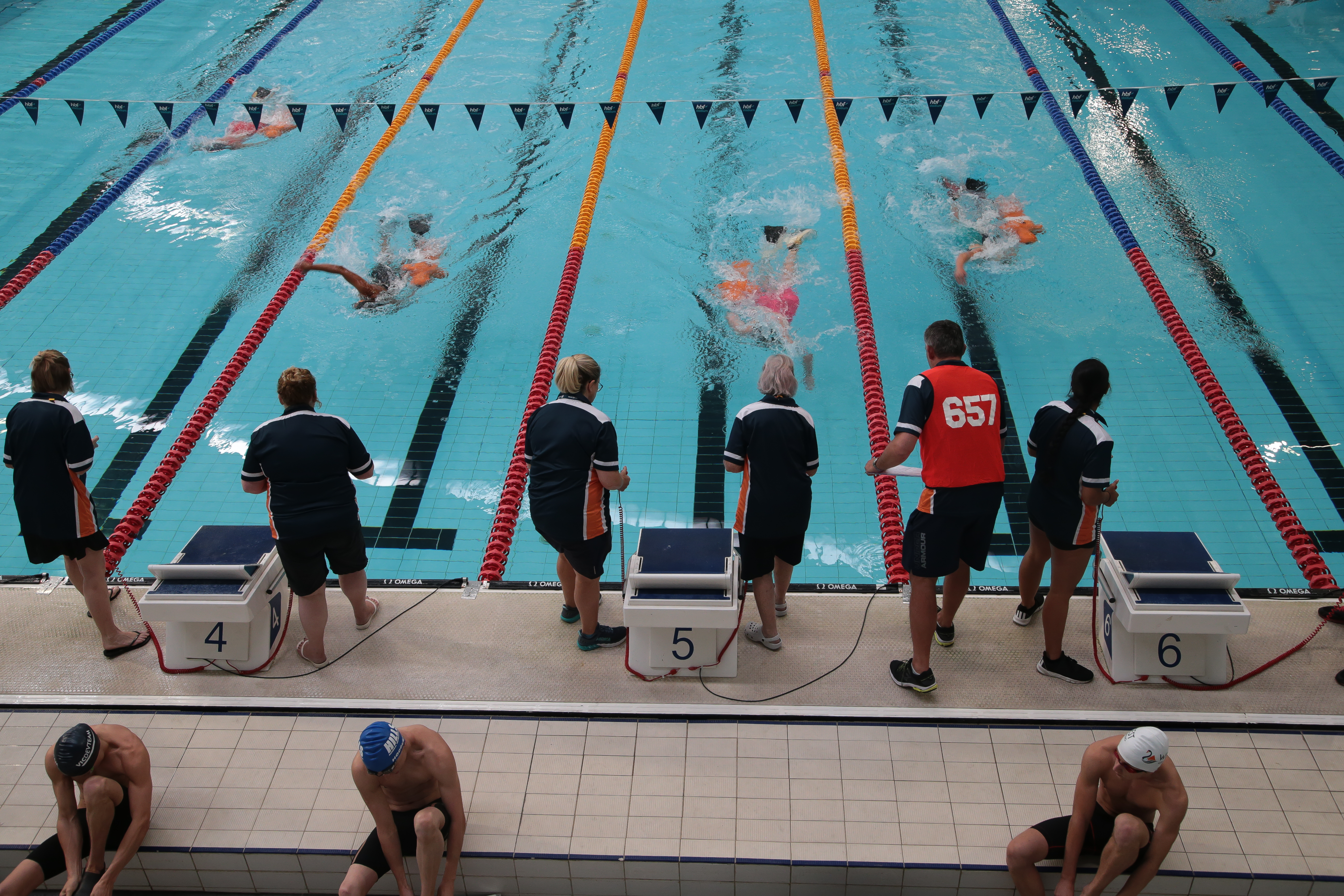Published 8 August 2024

Royal Life Saving - Australia recognises the critical role of volunteers in supporting drowning prevention and the aquatic industry.
Across the country, volunteers deliver lifesaving services at beaches and swimming pools, and water safety education in classrooms, pools and waterways.
The hundreds of volunteers that will contribute to the upcoming Lifesaving World Championships on the Gold Coast is just one example of the huge contribution that volunteers make.
Enabling volunteers to perform their great work, while also ensuring they have the appropriate skills and training in place to contribute to a safe and enjoyable experience for themselves and everyone involved, is paramount.
HumanAbility, the Jobs and Skills Council that oversees training package development for the sport, aquatic and recreation industry, has just launched an exciting project that will explore the potential to better support volunteers in the sector.
The project will look at how to equip individuals with the skills to volunteer effectively across diverse sectors, including health, welfare, emergency services, environment, animal welfare, sport and recreation, and community services.
The project is part of a broader Vocational Education and Training (VET) qualification reform program, that is reviewing and testing new approaches to the design of VET qualifications to ensure they continue to meet the evolving needs of the sectors they support.
Royal Life Saving – Australia (along with Surf Life Saving Australia and others) will represent the voice of volunteers and other stakeholders in the aquatic industry on the Active Volunteering Project Reference Group. In keeping with our workforce research, we are keen to hear your thoughts on:
- The essential skills and knowledge that volunteers require
- How training and upskilling can be most effectively designed and delivered
- The challenges that volunteers face, either at a personal or organisational level
- What can be done to better support volunteers and improve the volunteer experience.
To provide your feedback, please contact sjackson@rlssa.org.au
There is also a great opportunity to join the HumanAbility workshops, to learn more about the project and share your feedback. The workshops are running over August in Perth, Sydney and Brisbane and you can attend in-person or online. Your input here will be vital in shaping a more inclusive and effective volunteer training framework.
If you can’t attend the workshops, there is also the opportunity to respond to the discussion paper or share your thoughts directly with the HumanAbility project team.
Details on the workshops and the broader project, including how to provide feedback, can be found at the project page on the HumanAbility website.
